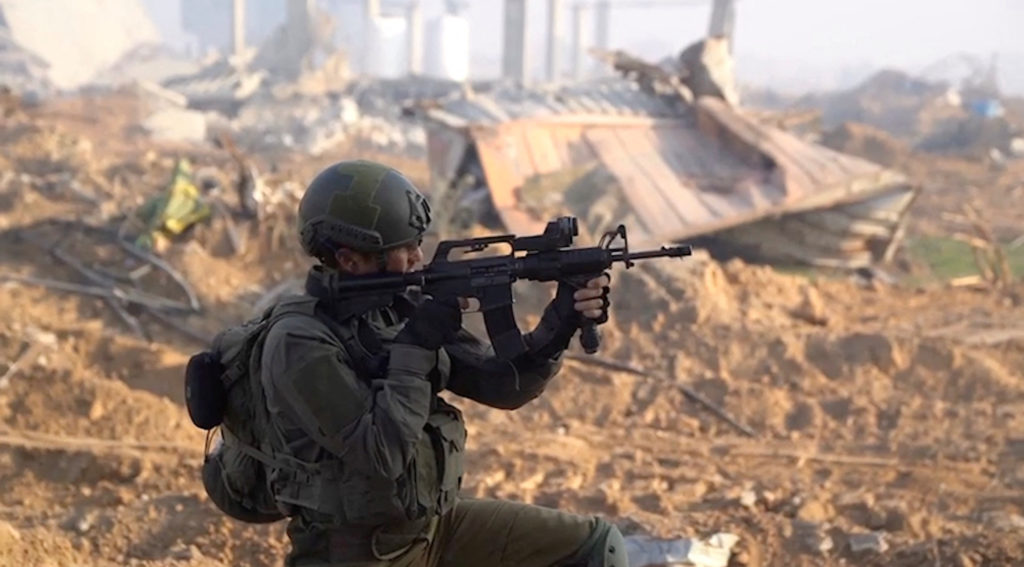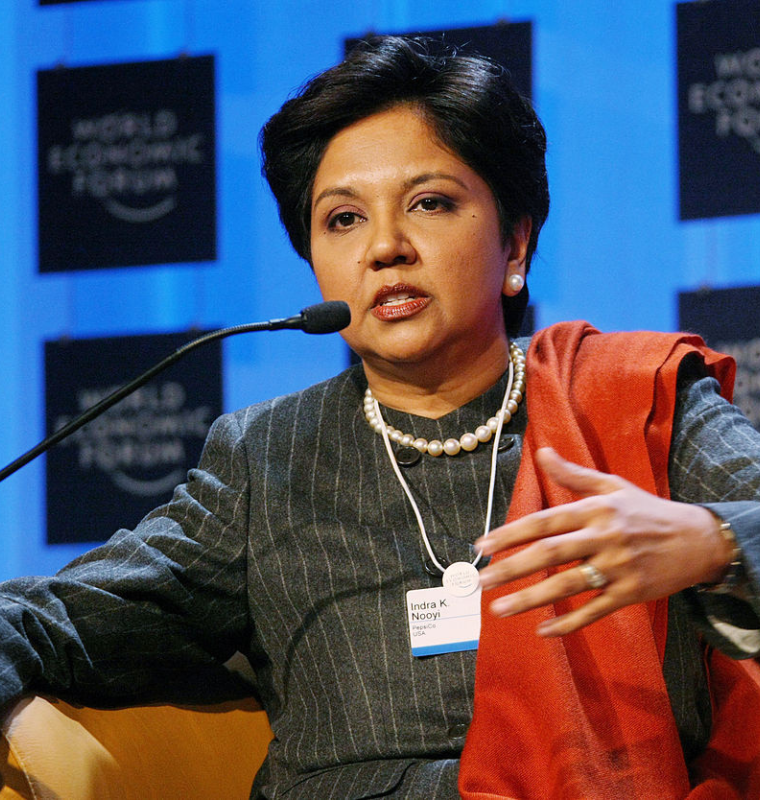Iran Warns U.S. of Catastrophic Consequences as Middle East Conflict Threatens to Widen
Iran Warns U.S. of Catastrophic Consequences as Middle East Conflict Threatens to Widen
By
Junia Wells
Last updated:
June 18, 2025
First Published:
August 3, 2025

Photo: PBS
Mounting Tensions: U.S., Israel, and Iran Head Toward Potential Military Flashpoint
The Middle East faces a new and dangerous chapter of instability as Iran's Supreme Leader, Ayatollah Ali Khamenei, issued a grave warning on Wednesday: any U.S. military intervention in the ongoing conflict with Israel would trigger "irreparable damage" for Washington.
Khamenei’s statement came in response to increasingly aggressive rhetoric from President Donald Trump, who earlier this week suggested that America’s patience with Iran was “wearing thin” and described Khamenei himself as an “easy target.”
Military Action Looms as Fire Exchanges Intensify
Israel and Iran have been locked in an escalating exchange of missile fire since Friday. The conflict began when Israel launched targeted strikes against Iran’s nuclear facilities, claiming the operations were aimed at halting Tehran's expanding nuclear program. According to the International Atomic Energy Agency, two key centrifuge production sites in Iran were damaged during these airstrikes, raising global concerns over the future of the region’s stability.
Markets have been closely monitoring the conflict as it threatens major disruptions in the oil-rich Middle East. Any military escalation involving the U.S. could send shockwaves through global energy markets, further fueling investor anxiety.
Khamenei’s Dire Threat: 'The Damage Will Be Irreversible'
“If they enter militarily, they will face harm that they cannot recover from,” Khamenei declared Wednesday in remarks reported by NBC News. He warned that any direct U.S. involvement would lead to consequences far worse for America than for Iran. "The Iranian people are not a people who can be forced into surrender," he insisted, rejecting President Trump’s call for Iran’s “unconditional surrender.”
Trump’s Stark Warnings: Patience Running Out
On Tuesday, Trump took to his Truth Social platform to deliver his own pointed message. While he dismissed the idea of a targeted assassination of Khamenei, stating, “We are not going to take him out — at least not for now,” Trump made it clear that military options remain on the table. “We do not want missiles shot at civilians, or American soldiers. But Tehran’s surrender is non-negotiable.”
The president’s remarks mark a sharp shift from earlier White House efforts to distance itself from direct involvement in the conflict. With nuclear negotiations at a stalemate, speculation is growing that Trump may be preparing for a more aggressive posture toward Tehran.
Growing Global Concern Over a Regional War
The escalating conflict has prompted alarm among world leaders. During the G7 summit earlier this week, the leaders of the world’s seven largest economies labeled Iran “a principal source of regional instability and terror.” German Chancellor Friedrich Merz went even further, telling ZDF that Israel is doing "the dirty work for the Western world," highlighting the broader geopolitical stakes at play.
Meanwhile, Israel’s Defense Minister Israel Katz issued his own defiant message on social media Wednesday, proclaiming, “A tornado passes over Tehran. This is how dictatorships collapse.”
Broader Conflict Tied to Proxy Networks
The ongoing hostilities are deeply rooted in the long-standing tensions between Israel and Iran. Since Hamas' attack on Israeli territory in October 2023, which was backed by Iran-supported Palestinian militants, Israel has accused Tehran of orchestrating regional offensives through its proxies, including Lebanon’s Hezbollah and Yemen’s Houthi rebels. Iran has officially denied any direct involvement, though suspicions in Washington and Jerusalem continue to mount.
Financial Markets React: Investors Flee to Safe Havens
Global financial markets have been reacting sharply to the escalating crisis. The prospect of a full-scale military conflict in the Middle East — which accounts for roughly one-third of global oil exports — has driven investors toward safe-haven assets. Gold prices have climbed steadily in recent days, reflecting heightened market anxiety. Oil prices, too, have surged nearly 10% since the first Israeli strikes last week, hovering near five-month highs.
A Critical Crossroads for Global Stability
As the world watches closely, the coming days could prove decisive. With the U.S. weighing its next steps and Iran vowing massive retaliation, the risk of a broader war remains dangerously high. Any miscalculation could ignite a full-scale regional conflict with global economic and security consequences.
Popular articles
Subscribe to unlock premium content
Indra Nooyi’s Strategic Vision at PepsiCo: Balancing Profitability with Purpose

Nike’s Direct-to-Consumer Revolution: How Cutting Retailers Boosted Profits and Control

Spotifys Playlist Power Turning Music Curation Into An Advertising Goldmine

Indra Nooyi’s Strategic Vision at PepsiCo: Balancing Profitability with Purpose

Nike’s Direct-to-Consumer Revolution: How Cutting Retailers Boosted Profits and Control

Indra Nooyi’s Strategic Vision at PepsiCo: Balancing Profitability with Purpose









